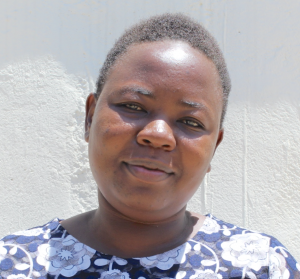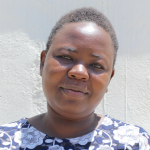Although two different water sources are available to the 501 students and staff at Indangalasia Secondary School, they don't provide sufficient water for all the school's drinking, cooking, cleaning, and handwashing purposes.
Students first try to fetch water from the rain tanks on school grounds, but at only 6,000 liters' capacity each, they can't be expected to carry the burden of so many people's water needs (for perspective, the rain tanks we install at schools range from 75,000 liters to 105,000 liters!).
If the rain tanks are dry, then students must leave school grounds and cross to the primary school's borehole well.
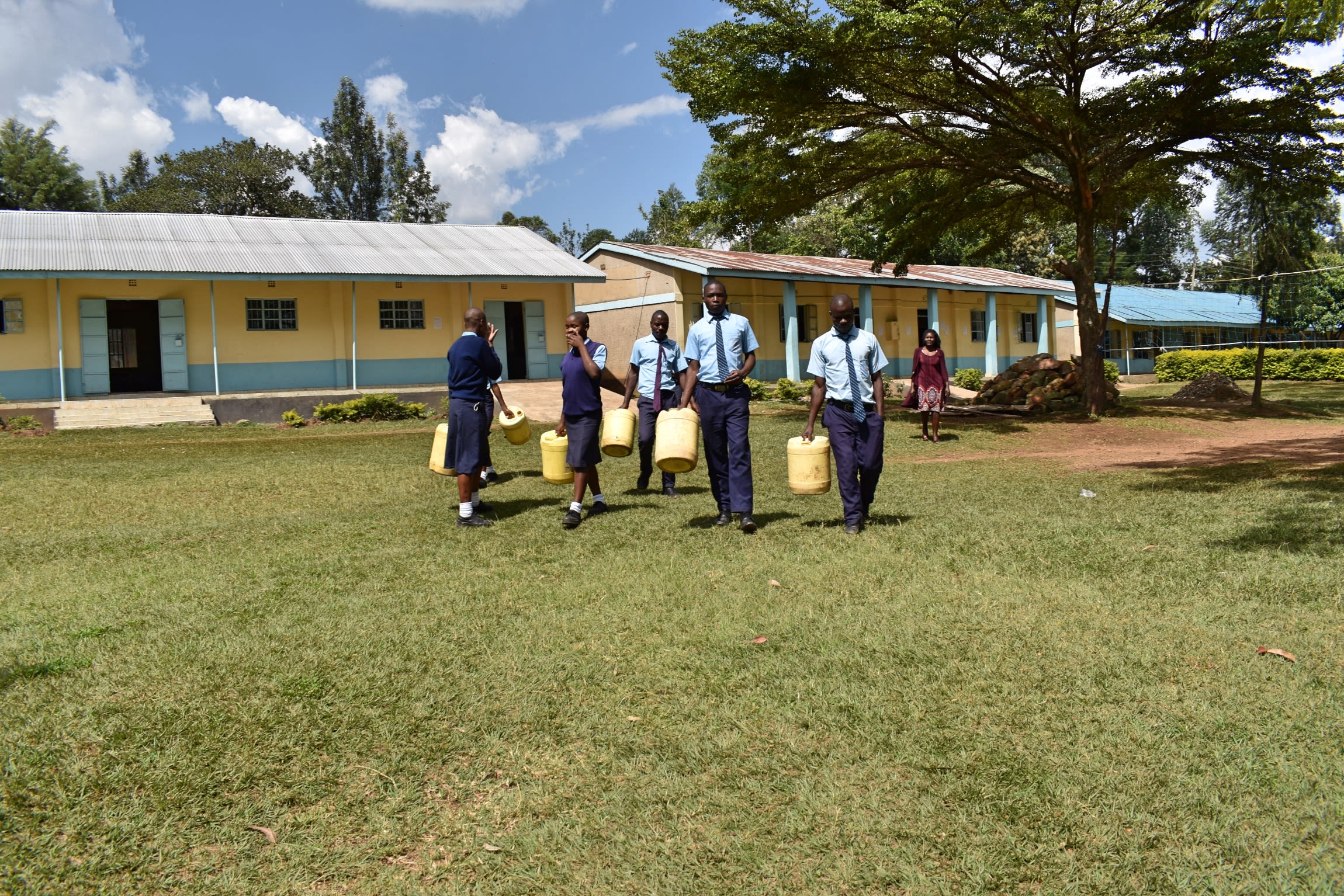
However, this well is shared with not only the elementary school, but with the entire surrounding community as well. So when fetchers arrive at the borehole, they are often met with queues of impatient people.
The strain on the borehole is getting to be too much. Mechanical breakdowns are common, and because there are so many stakeholders in the well's fate, it's often difficult for the primary school to collect all the funds needed for repairs. And, even worse - the well's water flow now stops or breaks down often during the dry season. This leaves the well inaccessible for long stretches, during which everyone must find water from wherever they can.
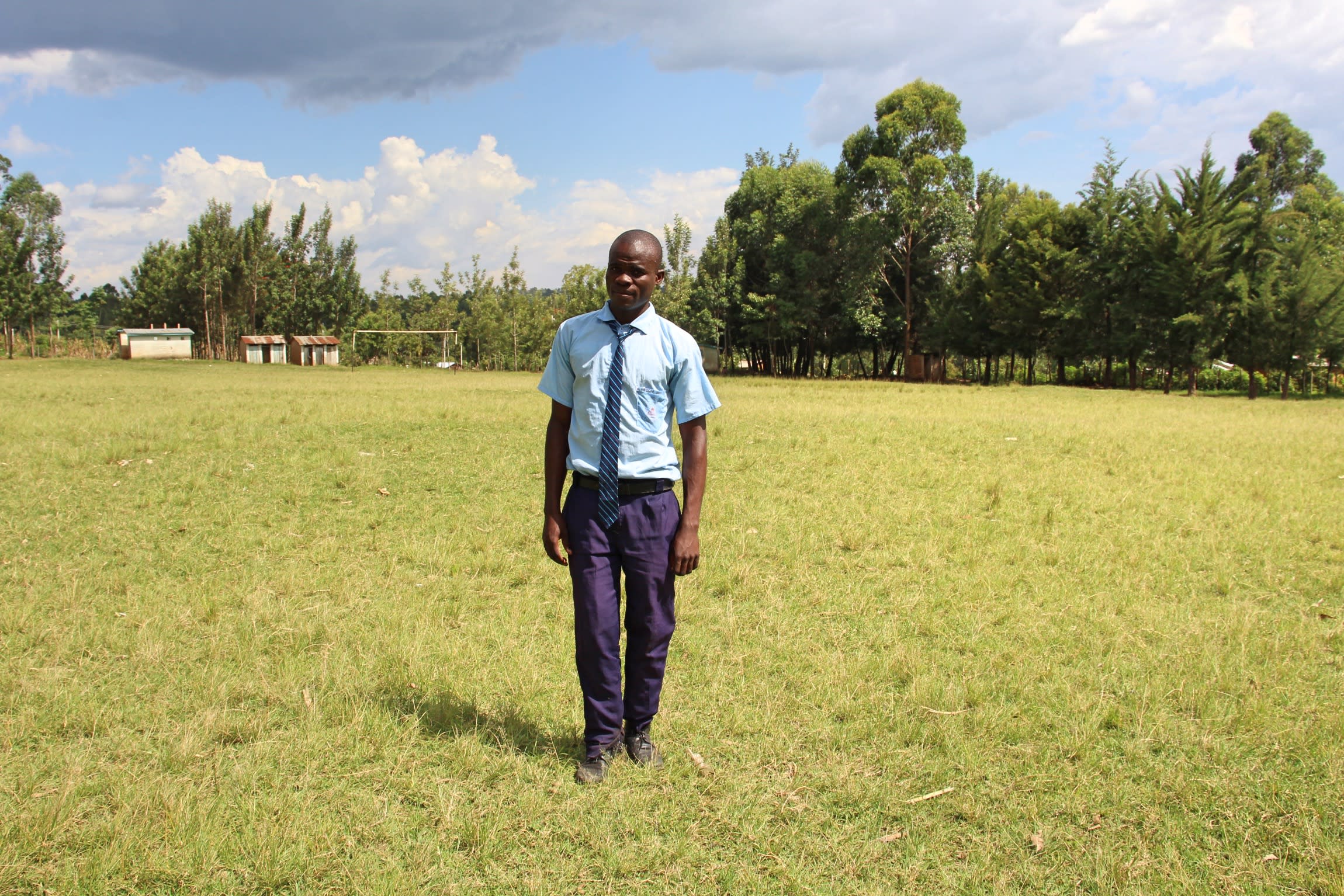
"A lot of energy is needed to plumb the water," explained 17-year-old student Kevin O (in the above photo). "Moreso during [the] dry season when the level of water has gone down."
Checking all the water sources for water and waiting in lines steals a significant amount of time from both students and staff every day.
"Whenever water is needed, the teacher on duty [takes] the students to go and get water from the borehole," said teacher Harriet Nyangeso, 30 (in the below photo). "It doesn't matter whether you are in class or not, you have to go because, in case of anything, you're responsible."
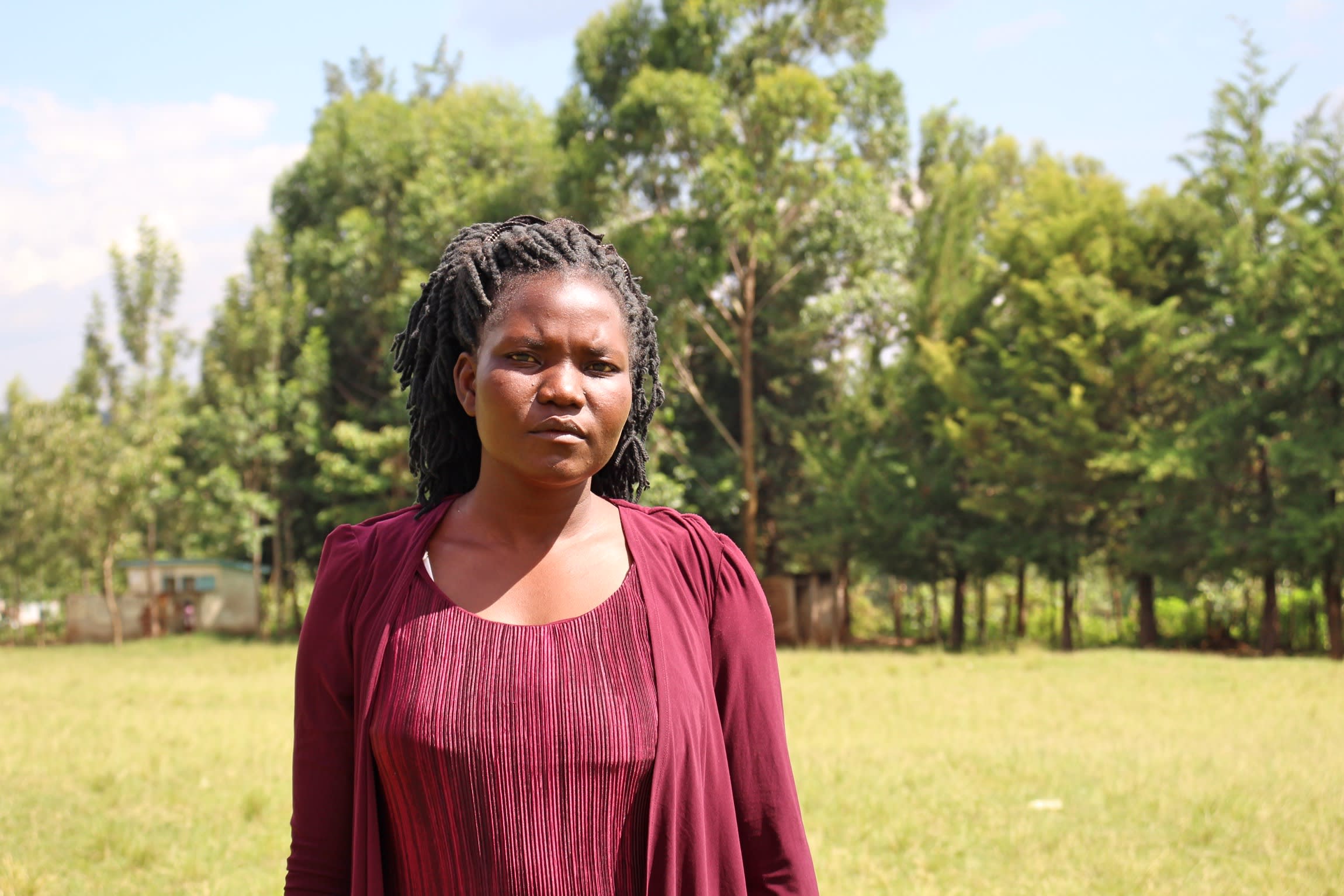
The students and staff of Indangalasia need a reliable water source on their campus to provide sufficient, safe water. Then, with water readily available, they can return to learning.
What We Can Do:
New Well
We conducted a hydrogeological survey at this school and the results indicated the water table beneath it is an ideal candidate for a borehole well. Due to a borehole well's unique ability to tap into a safe, year-round water column, it will be poised to serve all of the water needs for this school's large population, even through the dry months.
The school will help collect the needed construction materials such as sand, rocks, and water for mixing cement. They will also provide housing and meals for the work team, in addition to providing local laborers. We will complement their materials by providing an expert team of artisans and drilling professionals, tools, hardware, and the hand-pump. Once finished, water from the well will then be used by the school’s students and staff for drinking, handwashing, cooking, cleaning, and much more.
Handwashing Stations
There is currently nowhere for students to wash their hands after using the latrines or before eating lunch, let alone the water to do so.
The student health club will oversee the two new handwashing stations we will provide, and make sure they are kept clean and in working condition. The club leaders will fill the handwashing stations with water daily and make sure they are always supplied with a cleaning agent such as soap or ash.
VIP Latrines
We will construct two triple-door latrine blocks using local materials that the school will help gather. Three doors will serve the girls and three doors will serve the boys. All of these new latrines will have cement floors that are designed to be easy to use and to clean. And with a borehole right on school property, there should be enough water to keep them clean.
Training on Health, Hygiene, COVID-19, and More
We will hold a one-day intensive training session with students, teachers, and parents. This training will cover a wide range of topics including COVID-19 symptoms, transmission routes, and prevention; personal and environmental hygiene; and the operation and maintenance of the borehole latrines, and handwashing stations. There will be a special emphasis on handwashing.
Our team of facilitators will use a variety of methods to train, including participatory hygiene and sanitation transformation, and asset-based community development. We will initiate a student health club, which will prepare students to lead other pupils into healthy habits at school and at home. We will also lead lectures, group discussions, and provide illustrative handouts to teach health topics and ways to promote good hygiene practices within the school including handwashing and water treatment. We will then conduct a series of follow-up trainings before transitioning to our regularly scheduled support visits throughout the year.
We and the school strongly believe that all of these components will work together to improve standards at this school, which will help lead to better student academic performance and will help unlock the opportunity for these students to live better, healthier lives.

 Borehole Well and Hand Pump
Borehole Well and Hand Pump
 Rehabilitation Project
Rehabilitation Project












